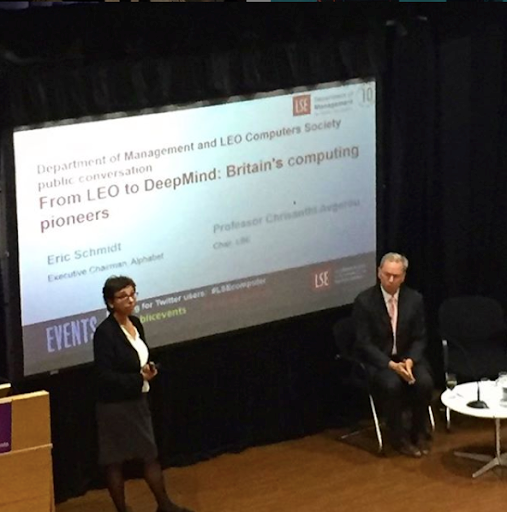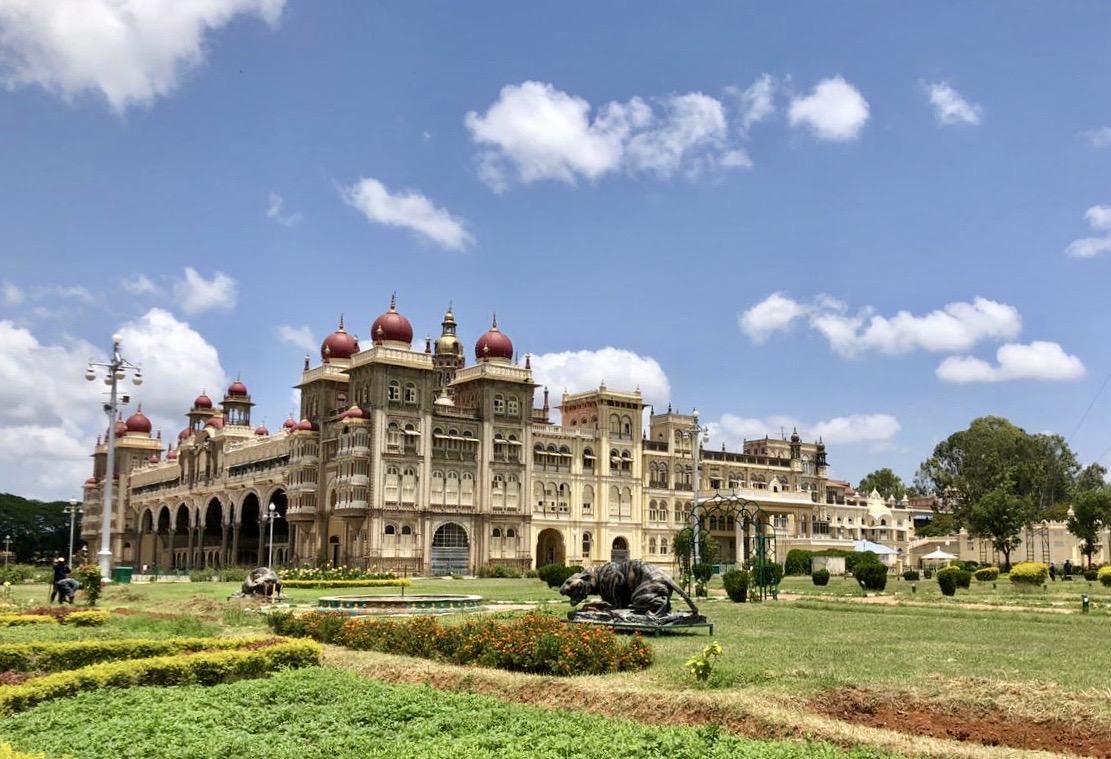Michelle Velan, EGMIM graduate, co-founded Wonder Source after completing LSE’s MBA alternative. Read her five lessons learned from the Executive Global Masters in Management that helped shape her global business.
Everyone is different and the decision of whether or not to go to business school, like everything in life, is specific to each individual’s personality, life vision, and circumstances.
Because I was fascinated by entrepreneurship, believed in the importance of investing in oneself, and aspired to start my own business, I was always interested in an MBA. But I already held an undergraduate degree in business so it never felt like a must.
 LSE’s EGMiM programme, however, convinced me otherwise. In addition to LSE’s strong and globally respected reputation, the part-time programme meant I wouldn’t have to sacrifice valuable work experience—the opportunity cost of taking out two years of work at that point was too great.
LSE’s EGMiM programme, however, convinced me otherwise. In addition to LSE’s strong and globally respected reputation, the part-time programme meant I wouldn’t have to sacrifice valuable work experience—the opportunity cost of taking out two years of work at that point was too great.
There was also an international element with modules in Singapore and Turkey and given that LSE students tend to be interested in social impact, it felt more aligned with my interests than a traditional MBA.
Making a meaningful impact on the world
My goal was always to make a meaningful impact on the world. I planned to do this by managing an organisation with a positive mission and purpose that would improve the quality of life of its stakeholders and the wider community.
I had a strong interest in health and stress management because, despite its importance, many people underestimate the effects stress has on them and their abilities to live productive, happier lives.
Several years after finishing the programme, I co-founded Wonder Source. This online community connects individuals with trusted experts and coaches for 1:1 help and focus on career growth and the undervalued areas of good physical, emotional, and spiritual health.
I had a strong interest in health and stress management because…many people underestimate the effects stress has on them and their abilities to live productive, happier lives.
Five key lessons learned
Although most business schools aren’t optimally designed to train founders, EGMiM’s “alternative MBA” certainly played a role in how I’ve been able to successfully structure and strategize my business, most notably through these key takeaways:
1. Exposure to different types of businesses
If you have entrepreneurial aspirations, it’s valuable to learn about different types of businesses and the ways people have achieved success. Starting a business can be extremely challenging and knowing that there isn’t one way of doing things can be inspiring and helpful in moments of self-doubt.
I remember attending an entrepreneurship talk through LSE’s lecture series where the CEO of the luggage brand Rimowa spoke about his experiences as a CEO, including his reluctance to use the word “luxury” to describe the brand. In his mind, the word was too closely linked to price, when the luxury sector should be associated with quality over cost.
For someone with a background in sales and marketing, it was an important reminder to step outside of my own lens and remember that there are different ways of looking at things. Hearing the varying perspectives of business leaders has had a positive impact on my career and the ability to come up with creative solutions.
2. Space to think about what you want
Business school gave me breathing room away from my job to gain clarity on my life vision. I didn’t start my business until years later but the different pace allowed me to think about the possibilities of starting one and helped me solidify the fact that I eventually would.
If you have entrepreneurial aspirations, it’s valuable to learn about different types of businesses and the ways people have achieved success.
3. Dealing with complexity and problem-solving
Writing a dissertation was a big undertaking and one of the more complex projects I had worked on at that point in my life. We also spent a lot of time doing case studies that covered a range of industries and topics, from coming up with pricing models for an IVF company to finding the most strategic route for SAB to enter into China.
These all helped to fine-tune my critical thinking, problem-solving, and project management skills, which are necessary for starting and running a business.
4. Access to different perspectives and cultures
Although I’d grown up experiencing different cultures and had already been living in London for several years, my experience at LSE gave me the greatest exposure to globally-minded people with similar interests and goals.
This helped shape the way we built Wonder Source. We launched as a global company from day one, taking into account both our audience and our coaches, who are diverse in their skill sets, areas of focus, and nationalities. It was important to me that we were setting ourselves up to help people from all over the world with diverse backgrounds.

5. Collaboration and communication
No matter what your goals are, you can’t achieve anything alone, and the sooner you learn to work well with others, the better. Business school forces you to do a lot of this.
As a co-CEO of a business, I’m constantly presented with new ideas, challenges, and opportunities. While I can speak to the countless benefits of having a co-founder, navigating two people’s different ideas and ways of doing business can be a challenge.
My experience at LSE further cemented my understanding and appreciation for people’s different styles, ways of working, and collaborating to create successful outcomes.
Is EGMIM right for you?
 The EGMIM journey added extraordinary value to my career, providing greater insights into the business world and access to a global high-value network and community that will last a lifetime.
The EGMIM journey added extraordinary value to my career, providing greater insights into the business world and access to a global high-value network and community that will last a lifetime.
Business school isn’t right for everyone and it certainly is not a prerequisite for starting a business. When considering it—whatever your career aspirations are—you’ll want to ask yourself: “What does success mean to me and what can I do to maximise my chances of achieving that success?”
As long as you’re clear on what you want to get out of it and trust in the process of investing in yourself, going to business school can have a significant impact on your career.
Learn more about the Executive Global Master’s in Management programme.






